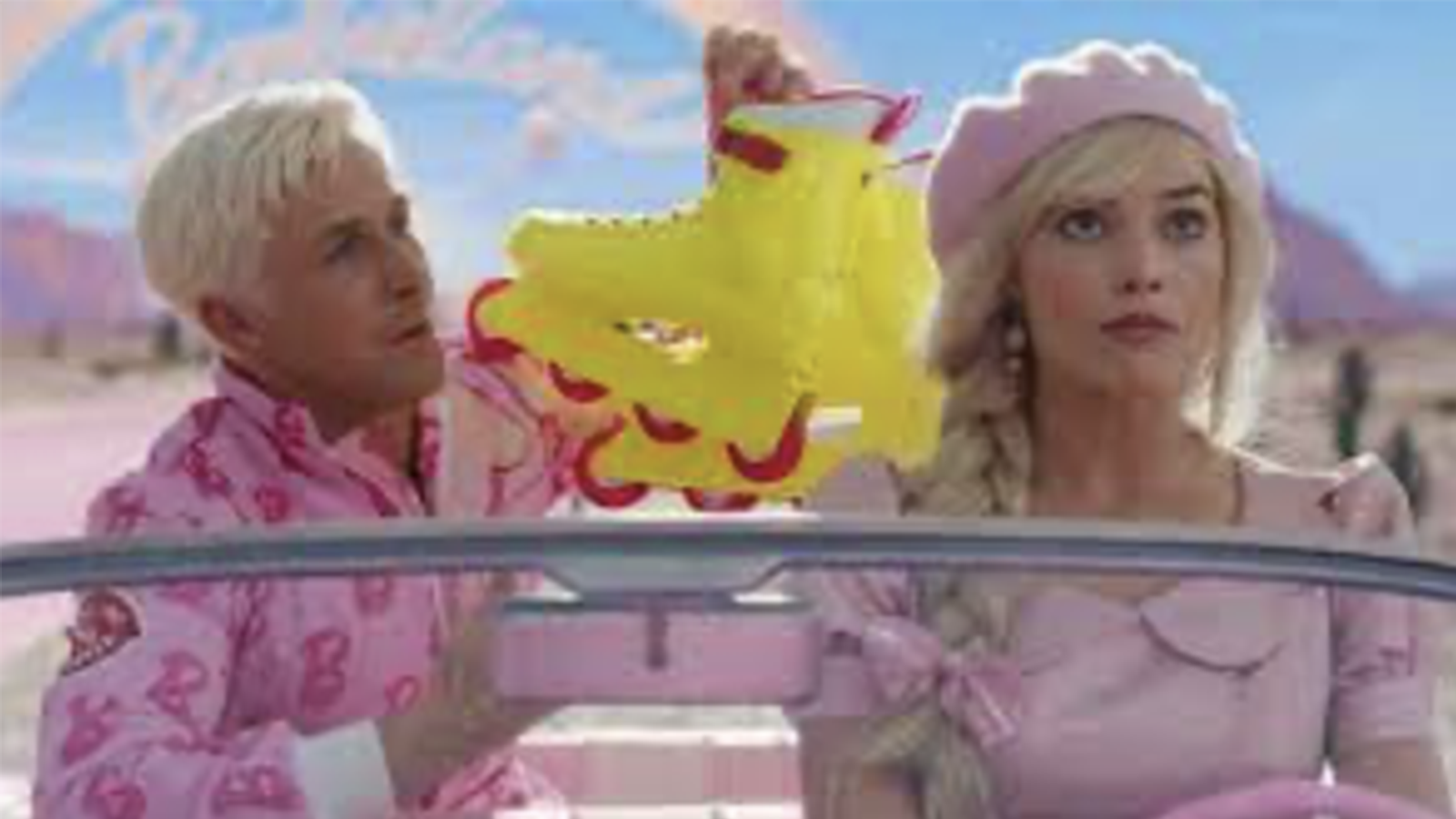The past summer was marked by numerous cultural phenomena, including the legendary double-feature films of Barbie and Oppenheimer. Grossing over $1.4 billion since its release, the highest ever for a female director, Barbie made waves across the planet, using the imagery of a toy many grew up with to bolster its cultural relevance and global impact. With its incredibly colorful set design and intricate costumes, and bolstered by its star-studded cast of actors, including leads Margot Robbie and Ryan Gosling, and musicians, like 7-time Grammy winner Billie Eilish, the movie aimed to cement itself in the societal discourse of the summer.
While the plasticky design of Barbieland might suggest a relatively shallow, childish plot, the film, in reality, tackles head-on many of the issues women deal with in the modern day. Barbie approaches the issue of modern beauty standards, for example, by emphasizing the fear that the main character, Stereotypical Barbie played by Margot Robbie, has for the cellulite on her body, when in reality, the entire concept of cellulite being a “disease” was made up by the Vogue magazine.
On the other hand, Barbie explores the concept of patriarchy in its rawest form as Ken, played by Ryan Gosling, establishes his infamous Mojo Dojo Casa House, replacing the women-run Barbieland with his naive idea of a male-run society. The film explores the pain that both the Kens and Barbies feel when they live in a world where their opinions are silenced and ignored for the benefit of the other gender, which culminates in the powerful speech given by one of the characters in the final moments of the film’s rising action.
Another important aspect of the film is the role that the Mattel corporation and its CEO, portrayed by Will Ferrell, play in Barbieland. The relationship between the company and the Barbies is highlighted by the Barbie’s belief that their own existence is acting as a force of empowerment for girls and women in the real world, when in reality, the fact that Mattel, the manufacturer of Barbie dolls, is run by an all-male board with the real goal of profit leads Barbies to have the opposite effect in actuality. In addition, the film has the added nuance of the fact that, after the events of the movie have concluded, nothing in Mattel’s power structure changes.
Ultimately, Barbie is a summary, bright movie with a meaningful, and arguably nuanced, plot that directly confronts many of the issues of a male-dominated society. It aims to show that both men and women suffer in a world where one group’s opinion is suppressed, and that, while many of the characters are portrayed as caricatures, the various topics discussed are incredibly modern and culturally relevant.





